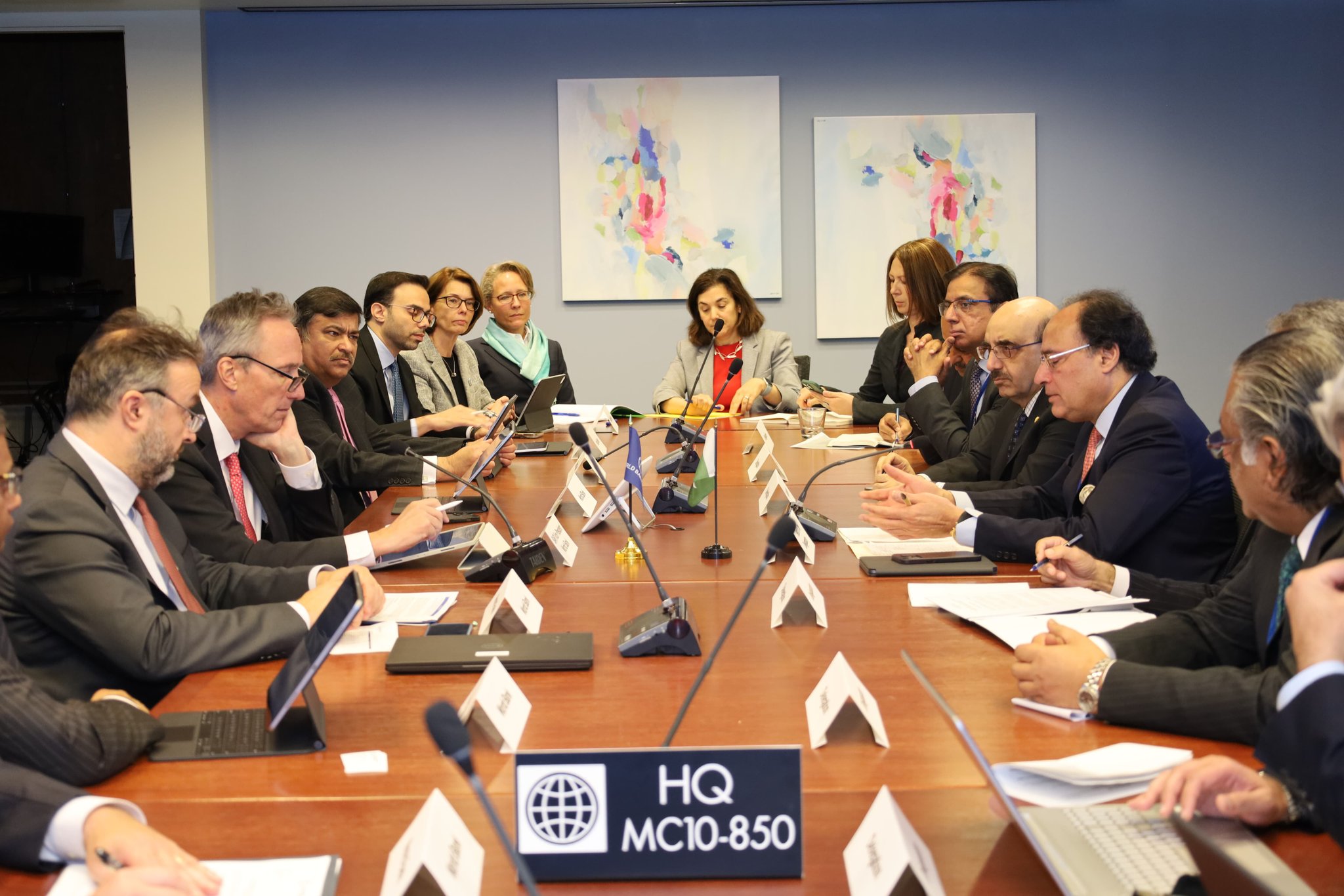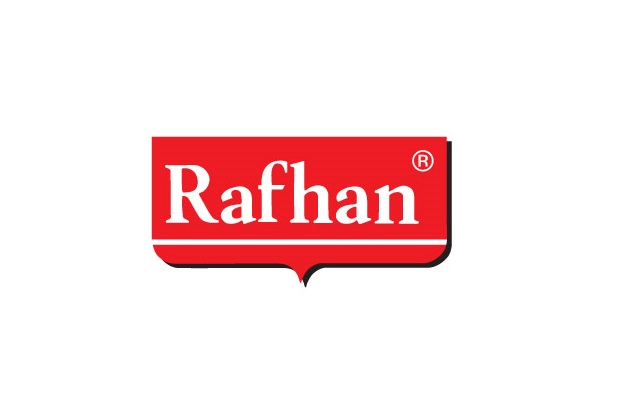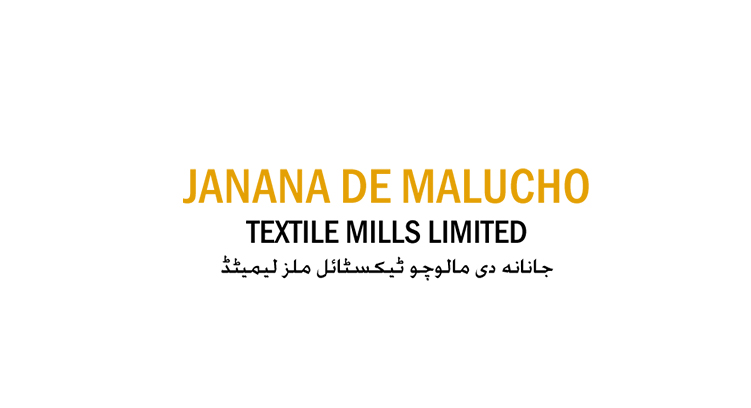November 28, 2018 (MLN): Markets have been abuzz with the news that the Auto Industry Development Committee is likely to grant greenfield investment status to Pak Suzuki Motor Company (PSMC)’s expansion project, as per the company’s request.
The committee meeting is scheduled to take place today, November 28, 2018, where they will discuss the implications of their policy.
Previously, PSMC had expressed its intentions of setting up a new auto assembly plant in Pakistan, with a capacity of 100k units per annum (67% increase in capacity), given that it is granted the same incentives as a greenfield operation under the Auto Industry Development Policy (AIDP), writes Analyst Fahad Shaikh in a research note for EFG Hermes.
Speaking to a representative of Mettis Link News, he elaborated that under these incentives, the import of PP&E would be duty-free on a one time basis, there would be a concessional rate of custom duty of 10% on non-localized parts and 25% on localized parts for a period of five years for cars and LCVs, and Import of 100 vehicles for test marketing purposes of the car variant that the company eventually wants to assemble in Pakistan – company would have to pay only 50% of the prevailing customs duty.
However, the new plant would cost the company $460 million, which is three times its current market cap of $150 million. This means that in order to go ahead with the plan, PSMC would likely require a significant equity injection by shareholders.
Mr. Shaikh expresses his concern over the matter adding that, “the macro outlook is quite weak over the short to medium term, and the competitive environment is likely to get tougher with the likes of Hyundai/Kia likely to enter the market over the next 12-18 months.”
Pointing out that PSMC’s existing plant is operating at a 94% utilization rate, he is of opinion that there is room for de-bottlenecking the existing plant to increase capacity.
When asked why Pak Suzuki wishes to expand when it can increase the capacity of its existing plant, Mr Fahad Shaikh shared his views with Mettis Link News, saying that “In our opinion, there are two potential reasons which could explain this move:
- They are taking a more long-term view on Pakistan – as income levels continue to rise, motorization levels (and thus demand for cars) should grow over the long-term, thereby PSMC could need more capacity than what would be available through de-bottlenecking (especially if they want to introduce a broader product portfolio); and/or
- Given the incentives provided under the Auto Development Policy, which include benefits like being able to import plant property and equipment without having to pay import duties, and getting five years of preferential customs duty on the parts that are imported for production of the cars (for a greenfield operation), the company could take a strategic decision to make this investment now to avail these benefits. As per our understanding, these benefits are only available if the plant is set up and production starts prior to Jun-21.
However, declining sales volume over the next 12 months should provide the existing plant some runway in terms of catering to demand over the medium-term, read the note.
As he listed down the reasons for this decline, Mr. Shaikh said “In our opinion, there are two headwinds to auto sales over the next 12 months:
- Regulatory changes whereby non-tax filers cant purchase new vehicles – this should and to some extent is already having a negative impact on sales of new cars
- Inflation and interest rates are both moving higher, which is likely to impact consumer affordability of new cars (including the fact that car prices have moved up significantly during 2018).
According to the note, EFG Hermes as a unit, is of view that this news flow potentially highlights Suzuki Japan’s (73% shareholder) willingness to allocate more capital to the Pakistan business, which in their opinion, has historically been under invested in.
“Longer term, this could put PSMC in a better competitive position. However, for now we believe it has no implications on our investment case, where earnings over the ST are likely to remain under pressure on account of volume declines (tax-filer related regulations and general economic weakness) and margin deterioration (PKR weakness), while the benefits from a more efficient plant and new models are too far out in the future to price in at this stage (along with the uncertainty of whether the company actually goes ahead with this).
Copyright Mettis Link News
24464







